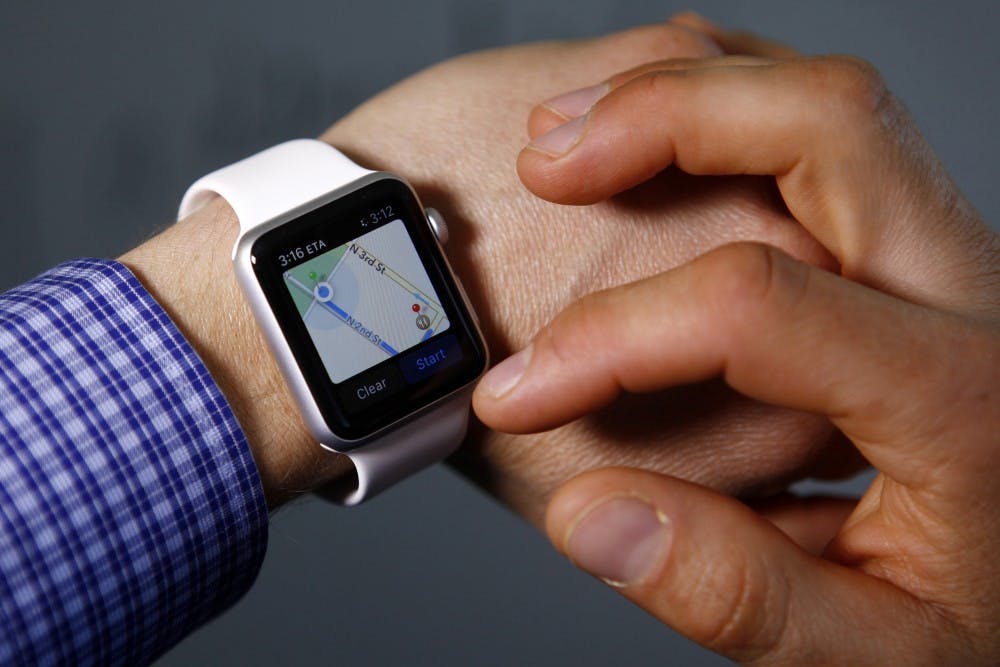The landscape of the Internet has shifted. What started out as a novelty when iPhones were first introduced has transformed into the most widely-used access point to the Internet, with more people accessing the web through mobile than desktop. In spite of this, schoolwork and academic research are done almost exclusively on personal computers. This is not only a problem of convenience, but also of access.
Young adults and low-income Americans are some of the most dependent groups on smartphone use for connecting to the Internet. I expect the trend to continue as smartphone ownership and usage rise, as they have year over year.
Young adults and low-income Americans have widespread access to the Internet in some capacity through their smartphones, but the majority of this use is through apps, mostly Facebook. Because of this, students could benefit from having a more developed academic presence on their mobile devices.
It would be a troubling thought to think that schools are failing to provide students with proper Internet access. How could they prepare students to make use of technology without proper Internet connection or gadgets?
That is exactly what is happening across the U.S. It may seem irrational to think that since 2006, 99 percent of public schools have been connected to the Internet, meaning there is at least one Internet connection. However, that is not an adequate measure of Internet connectivity by today’s standards. In fact, it is far from it.
According to the non-profit EducationSuperHighway, an organization with the backing of Bill Gates and Mark Zuckerberg, 63 percent of K-12 schools do not meet the Internet connectivity goals they have established. Sadly, an even smaller percentage of low-income schools have been shown to meet the standards.
Most students do not have proper access to the Internet at school and many, especially low-income students, rely on the use of their smartphones for Internet access. Both of these problems may not seem huge considering the widespread use of the Internet among younger generations. However, being able to navigate Facebook is not the same as researching for a paper. One you can do on your own while the other requires more guidance. With our schools not having the necessary materials to teach students how to be academically literate online, we have a problem.
In order to fully prepare students to succeed in today's world, two things will have to happen. Schools need to be equipped with the resources to be able to provide students with proper Internet connectivity. As the shift occurs from desktop to mobile, it is going to be necessary to adapt the way that we educate students online to fit the changing landscape.
By enabling more widespread use of smartphones in an academic setting, we can be confident that we are educating students through technology in a manner that reflects the way the public interacts with it. In addition, students dependent on mobile devices to access the Internet will not be left behind as a result of their situation.
Related Links:
ASU organization CompuGirls brings high-tech education to girls in under-resourced communities
ASU technology officials developing massive open online courses
Editor’s note: The opinions presented in this column are the author’s and do not imply any endorsement from The State Press or its editors.
Want to join the conversation? Send an email to opiniondesk.statepress@gmail.com. Keep letters under 300 words and be sure to include your university affiliation. Anonymity will not be granted.
Reach the columnist at benjamin.king.az@gmail.com or follow @benkingaz on Twitter.
Like The State Press on Facebook and follow @statepress on Twitter.




